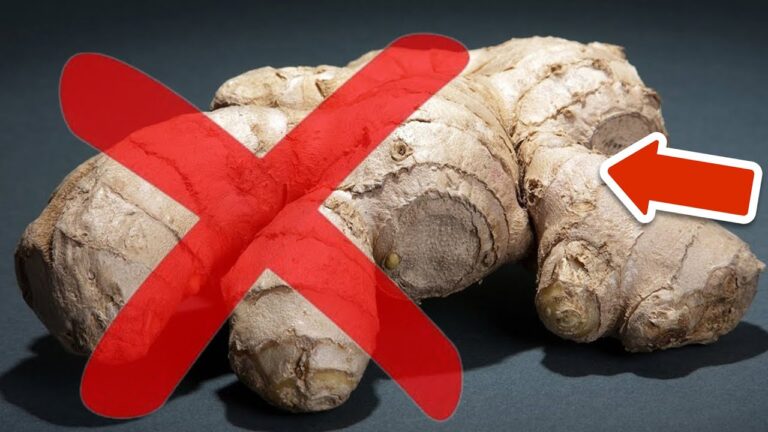Ginger is celebrated worldwide for its culinary and medicinal benefits, but it’s not suitable for everyone. While this powerful root can aid digestion and reduce inflammation, there are certain health conditions where ginger should be used with caution or avoided altogether. Here’s what you need to know if you’re considering adding ginger to your diet.
Health Conditions That May Warrant Caution with Ginger
- Blood Disorders: Ginger is known for its blood-thinning properties, which can be beneficial for some but risky for others. Individuals with bleeding disorders or those taking blood-thinning medications should avoid excessive amounts of ginger. It can increase the risk of bleeding.
- Gallstones: Ginger can stimulate the release of bile from the gallbladder. If you have gallstones, this increased activity might cause complications, such as pain or blockage.
- Low Blood Pressure and Heart Conditions: While ginger can help improve blood circulation, it may also lower blood pressure. This can be a concern for those with low blood pressure or those on blood pressure medications. The interaction could cause blood pressure to dip too low.
- Pregnancy: Ginger is often used to help alleviate morning sickness during pregnancy. However, it should be used under the guidance of a healthcare provider because large amounts might increase the risk of miscarriage or affect fetal sex hormones.
- Upcoming Surgeries: Due to its blood-thinning properties, it’s advisable to stop taking ginger at least two weeks before any scheduled surgery to avoid excessive bleeding.
Symptoms of Ginger Overconsumption
If you consume ginger in large amounts, watch for symptoms like:
- Heartburn
- Stomach upset
- Mouth irritation
- Diarrhea
These symptoms are typically mild and resolve with reduced consumption or discontinuation of ginger.
Conclusion
Ginger offers numerous health benefits, but it’s not suitable for everyone. If you have any of the above conditions, or if you’re on medication that could interact with ginger, it’s crucial to consult with a healthcare provider before adding it to your diet. Always use ginger wisely to ensure it benefits your health without causing adverse effects.
